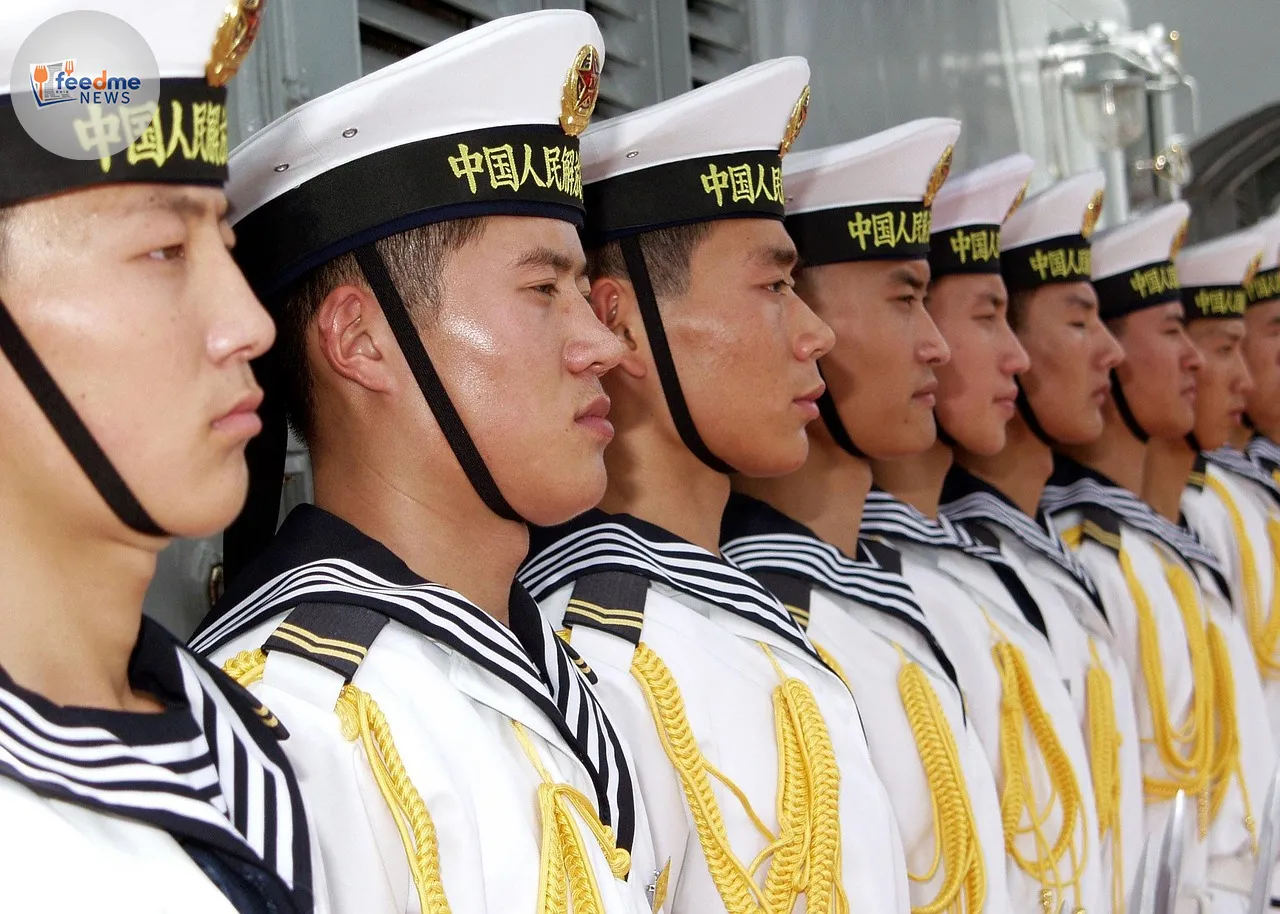The United States has issued a stern warning to China, accusing it of jeopardising regional stability following a series of military exercises in the Taiwan Strait. On Tuesday, the Chinese military launched a second day of unannounced drills, which included a simulated blockade and attack on Taiwan. The People’s Liberation Army (PLA) mobilised 76 aircraft and over 20 naval and coast guard vessels, featuring the Shandong aircraft carrier group, around Taiwan’s main island, escalating tensions in the already volatile region.
Military Exercises Heighten Regional Tensions
The drills, which China claims are routine, have been interpreted by international observers as a clear demonstration of military strength aimed at Taiwan. The exercises involve complex manoeuvres, including live-fire drills, and have raised concerns among neighbouring nations about the potential for miscalculation or accidental conflict.
On Tuesday morning, the PLA initiated the joint exercises without prior notice, a move that has been criticised by the US and its allies. The Pentagon has expressed deep concern over the lack of transparency and the provocative nature of the drills. “China’s actions are unnecessarily heightening tensions and risking destabilising the region,” stated a spokesperson for the US Department of Defense.

Taiwan’s Response to Military Threats
Taiwan’s government has responded by placing its military on high alert and increasing patrols in its airspace and waters. Taiwanese President Tsai Ing-wen has urged calm but reaffirmed the island’s commitment to defending its sovereignty. “We will not escalate the situation, but we will not back down in the face of intimidation,” she said in a televised address.
Experts note that while China regularly conducts military exercises in the region, the scale and intensity of the current drills are unusual. The use of the Shandong carrier group, in particular, signals a significant display of naval power, underscoring Beijing’s growing military capabilities.
International Reactions and Diplomatic Concerns
The international community has reacted with concern to the developments in the Taiwan Strait. Japan and Australia, both allies of the United States, have called for restraint and urged all parties to engage in dialogue to prevent further escalation. The European Union has also expressed its unease, highlighting the potential impact on global trade routes.
China’s actions have been viewed as a response to recent US-Taiwan interactions, including arms sales and high-level meetings. Beijing considers Taiwan a breakaway province and has consistently opposed any form of international recognition of its government. The Chinese Foreign Ministry reiterated its stance, stating that the drills are a necessary measure to safeguard national sovereignty and territorial integrity.
Potential Impacts on Regional Security
The ongoing military activities in the Taiwan Strait have significant implications for regional security. Analysts warn that the situation could lead to a military confrontation if either side misjudges the other’s intentions. The presence of multiple military assets in close proximity increases the risk of accidental engagement, which could rapidly escalate into a broader conflict.
Moreover, the drills have raised questions about the future of US-China relations. The Biden administration has maintained a policy of strategic ambiguity towards Taiwan, balancing support for the island with efforts to manage its complex relationship with Beijing. However, the recent developments may force a reassessment of this approach.
Looking Ahead: Navigating a Fragile Peace
As tensions simmer in the Taiwan Strait, the focus remains on diplomatic efforts to de-escalate the situation. The US and its allies are likely to continue urging restraint and promoting dialogue as the primary means of resolving differences. However, the broader geopolitical landscape suggests that the challenge of maintaining peace and stability in the region will persist.
The international community watches closely, aware that the outcome of the current standoff could have far-reaching consequences for global security and economic stability. In the coming weeks, attention will be on whether China and Taiwan can navigate the fragile peace without further provocation or conflict. As the world grapples with this delicate balance, the hope is that cooler heads will prevail, preventing a crisis that could reshape the dynamics of the Asia-Pacific region.





